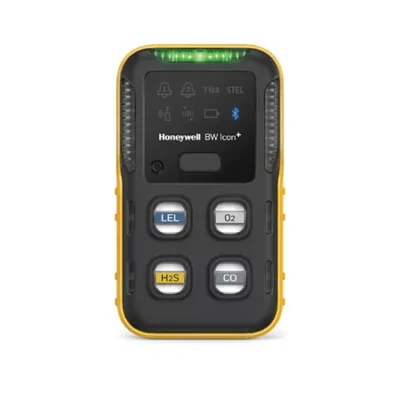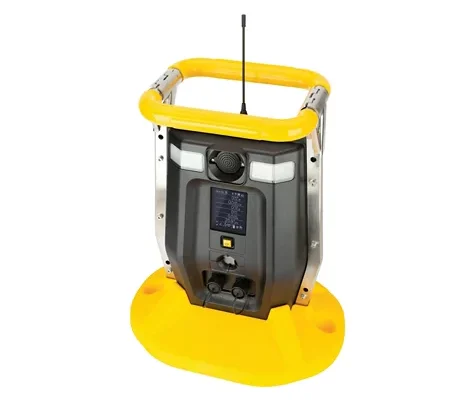Gas Detector
Home> Gas Detector

Gas Detector
A gas detector is a specialized device designed to detect the presence of various gases in the air. It serves as an essential tool for ensuring safety in environments where the potential for gas leaks or hazardous gas concentrations exists. Gas detectors are commonly used in industrial settings, laboratories, residential buildings, and other locations where gases can pose a risk to human health or property.
Gas detectors are typically compact and portable, allowing for easy placement in different areas. They operate using various sensing technologies to detect specific gases or a range of gases, depending on the device’s capabilities. Here is a general description of the components and features commonly found in gas detectors
Gas Sensors: Gas detectors incorporate sensors that are sensitive to specific gases or groups of gases.
Display and Alarm System: Gas detectors are equipped with a display panel that provides real-time gas concentration readings.
Calibration and Configuration: Gas detectors often require periodic calibration to maintain accurate readings.
Power Source: Gas detectors can be powered by various sources, including replaceable or rechargeable batteries, direct electrical connection, or both.
Data Logging and Connectivity: Advanced gas detectors may have data logging capabilities, allowing them to record gas concentration measurements over time.


Benefits of Gas Detector
Gas detectors are vital for early detection of gas leaks, enabling prompt action to prevent accidents, fires, or exposure to harmful gases. They help ensure a safe working or living environment by providing continuous monitoring and reliable alerts in the presence of hazardous gases.
Brand we use
Our Services
CCTV System
Fire Alarm System
PA System
Access Control System
Hand Dryers
Projectors
Audio - Video
Rodent Repellent System
Gas Detector
Intercom System - EPABX
Fire Fighting System
Switches
Cables
Door Interlocking
Water Leak System
Display
FAQ
How often should a gas detector be calibrated?
Gas detectors should be calibrated according to the manufacturer’s recommendations. Calibration intervals can vary depending on the type of sensor, environment, and specific gas being detected. Typically, gas detectors are calibrated every 6 months to a year to ensure accurate and reliable performance.
Can gas detectors detect multiple gases simultaneously?
Yes, certain gas detectors can detect multiple gases simultaneously. These detectors are equipped with multiple sensors or multi-gas sensors that can monitor different gases concurrently. They provide the advantage of comprehensive gas detection in environments where multiple gases may be present.
Can gas detectors be used in outdoor environments?
Yes, some gas detectors are specifically designed for outdoor use. These detectors are constructed to withstand environmental conditions such as temperature variations, moisture, and dust. Outdoor gas detectors are commonly used in industrial sites, construction sites, and open-air storage areas.
How long do gas detector sensors last?
The lifespan of gas detector sensors can vary depending on the sensor type, usage conditions, and maintenance. Electrochemical sensors for toxic gases typically have a lifespan of 2-5 years, while catalytic or infrared sensors for combustible gases can last up to 5-10 years. Regular sensor testing, maintenance, and replacement as needed are essential for optimal performance.





